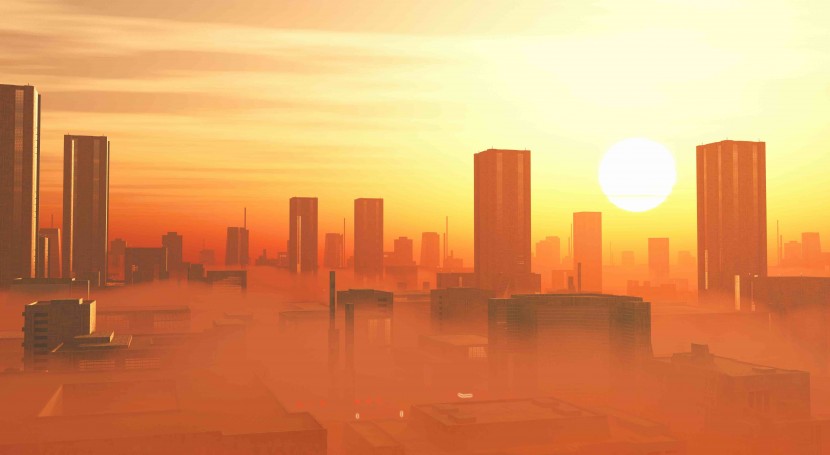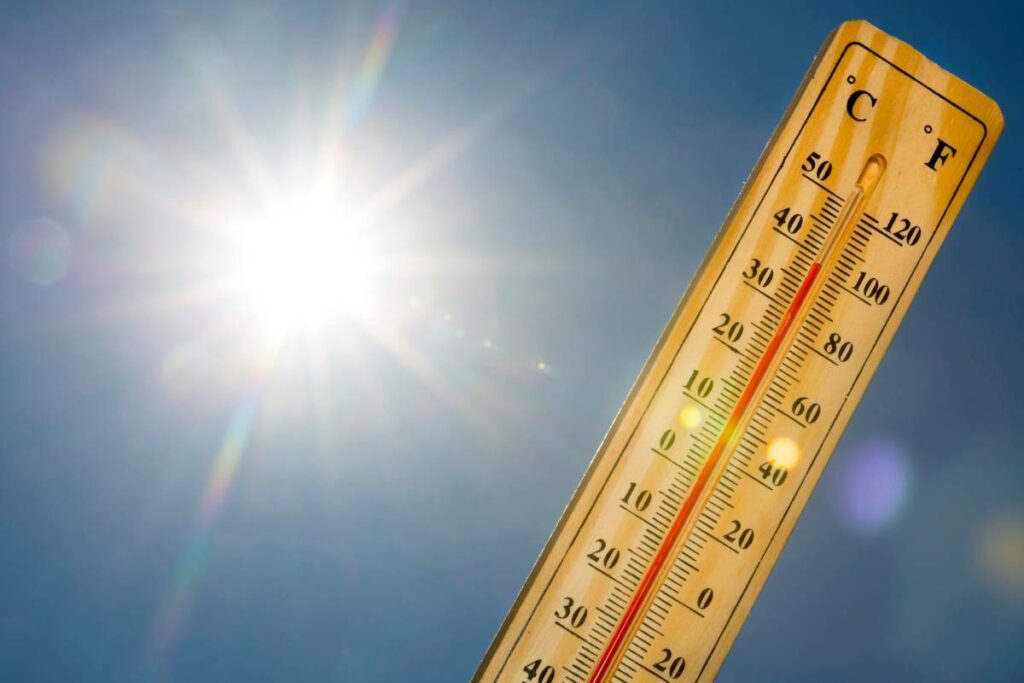Hottest year ever!! scientists say. Well yes, some do, though as we’ve explained, we don’t think claiming to be able to measure not only today’s climate but that of a century ago to two decimal places is credible. Among other things, thermometers around the world tend to be located where people live, and cities have grown a lot over the years. So scientists study the impact of urbanization on measured warming. Including one recent study noting that the Urban Heat Island effect tends to raise nighttime minimum temperatures more than daytime maximums, making the two converge over time, whereas models predict greenhouse warming will raise both so they won’t converge. The author compared observed nighttime/daytime differences against model predicted differences, then worked backward to remove the UHI bias and reveal actual warming over the past two decades. The result: “Corrected in such a way, we determined that 25–45% of the recorded 0.97 ± 0.05 °C land warming from [1940 to 2020] is likely due to urbanization and other unidentified non-climatic factors biasing the available climatic records...Thus, the present findings stress the importance of better investigating possible urbanization and other non-climatic biases throughout the world that could have exaggerated the warming so that the climatic records could be properly corrected.” Scientists say.
The paper was in Climate Dynamics, one of the top peer-reviewed climate science journals in the world. Which makes it all the more remarkable that the author, Dr. Nicola Scafetta of the Department of Earth Sciences at the University of Naples, was able to publish his findings and not to pull his punches when stating his conclusions.
The result is important also to evaluate and improve the climate models. In fact, Fig. 14 suggests that, on average, from the twenty-year period 1940–1960 to 2000–2020 the CMIP5 [climate models] have overestimated the anthropogenic warming trend by on average about 40%.
The result has obvious consequences also for the models’ warming expectations for the 21st century because, to make these models consistent with our proposed adjusted temperature record, their projected warming should be reduced by about 40% for all emission scenarios.
Scientists say. Let’s hope scientists also listen.



Wow! If that isn't a kick in the nads to the Climate Catastrophe Cabal I'll be amazed....oh wait, they'll never read it and just carry on merrily
And this is not new news, really, since the urban heat sink effect has been known for decades.
One man, one paper, meh.
Meanwhile, here are 15,000 scientists who disagree with him
Search for this "Supplemental File S2
and 15,364 signatories from 184 countries
Contents: List of signatories: Pages 1‐595"
Don Larson: I did the search and found a paper that basically says "Humans Bad" and touches on nine different ways in which humans may be affecting the environment, including 'climate change'. I couldn't be bothered to read the whole paper, but I doubt it contains anything to refute the heat island effect.